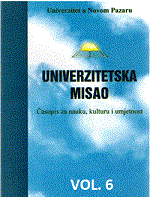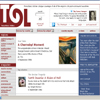
English – Ottoman relations during William Trumbull as ambassador (1686-1691)
Englesko-osmanski odnosi u vreme ambasadora Vilijema Trambula (1686-1691)
Keywords: William Trumbull; Ottoman Empire; diplomacy; Levant Company
English–Ottoman relations during William Trumbull as the ambassador depended on a number of factors, some of which were imposed by the constellation of relations in Europe of that period. To England, the Ottoman Empire was important for distribution of their textile and colonial goods, but also for acquisition of materials for their growing industry. Porte, faced with a series of defeats, endeavoured to maintain good relations with England, and they were forced to respect and keep track of interests of English merchants. Even so, occasional controversies occurred, related to excessive flat rate taxes. William Trumbull’s actions were conditioned by the Levant Company interests, which was faced with a decline in trade turnovers. Politics of England by the beginning of the reign of William III were shadowed by the war with France, which erupted in May 1689. At the same time, the negotiations in Vienna between the League and the Porte were resumed, thus allowing Trumbull to gain in significance as a diplomat for Whitehall. The greatest threat in this field was represented by the new ambassador of Louis XIV, Châteauneuf, who built his influence due to engineers and money, which Versailles began to send to the Ottoman Empire. William III endeavoured to recruit to his side people of influence, and he also counted on Trumbull. As a result, he was summoned to return to England, while William Hussey was elected to replace him.
More...

